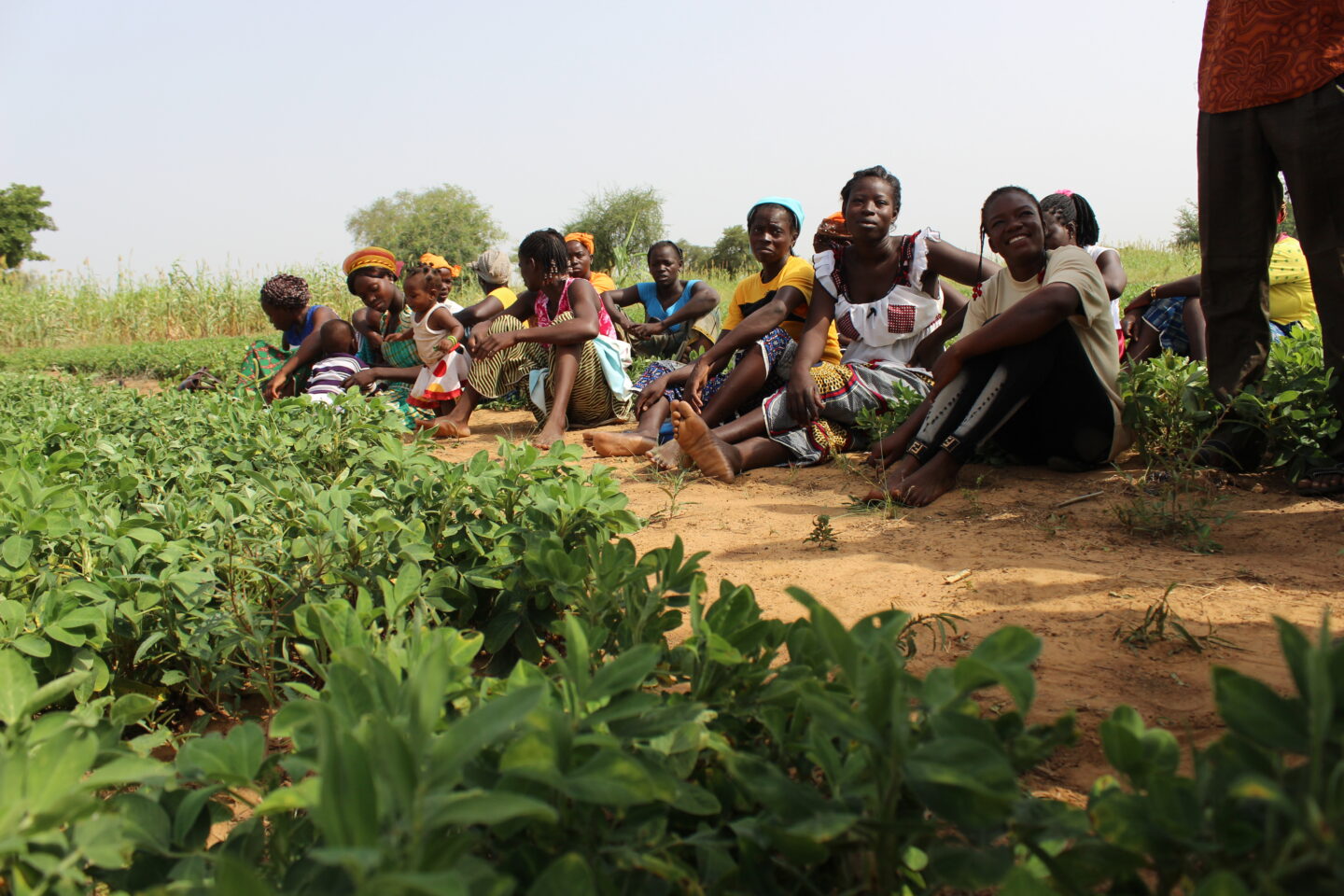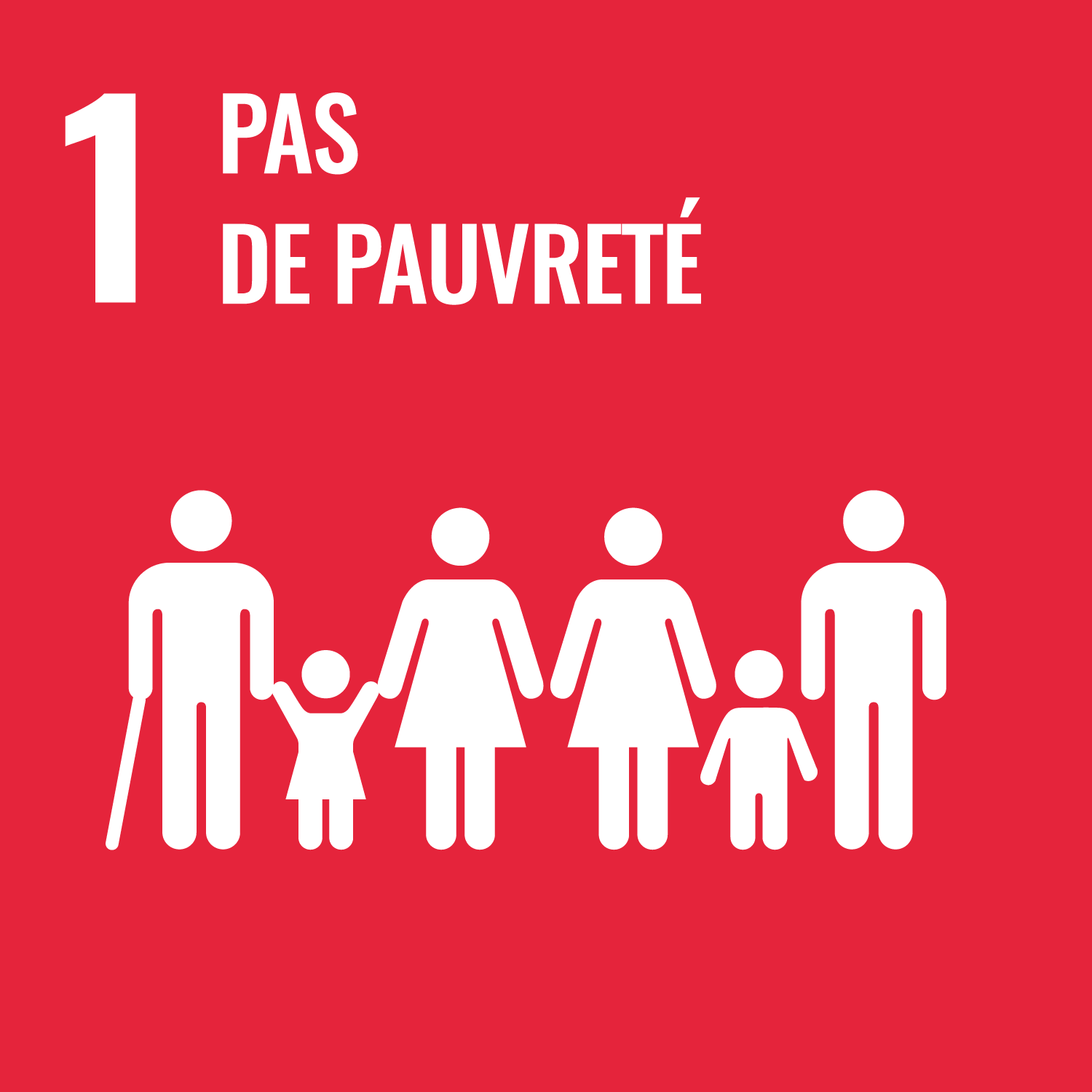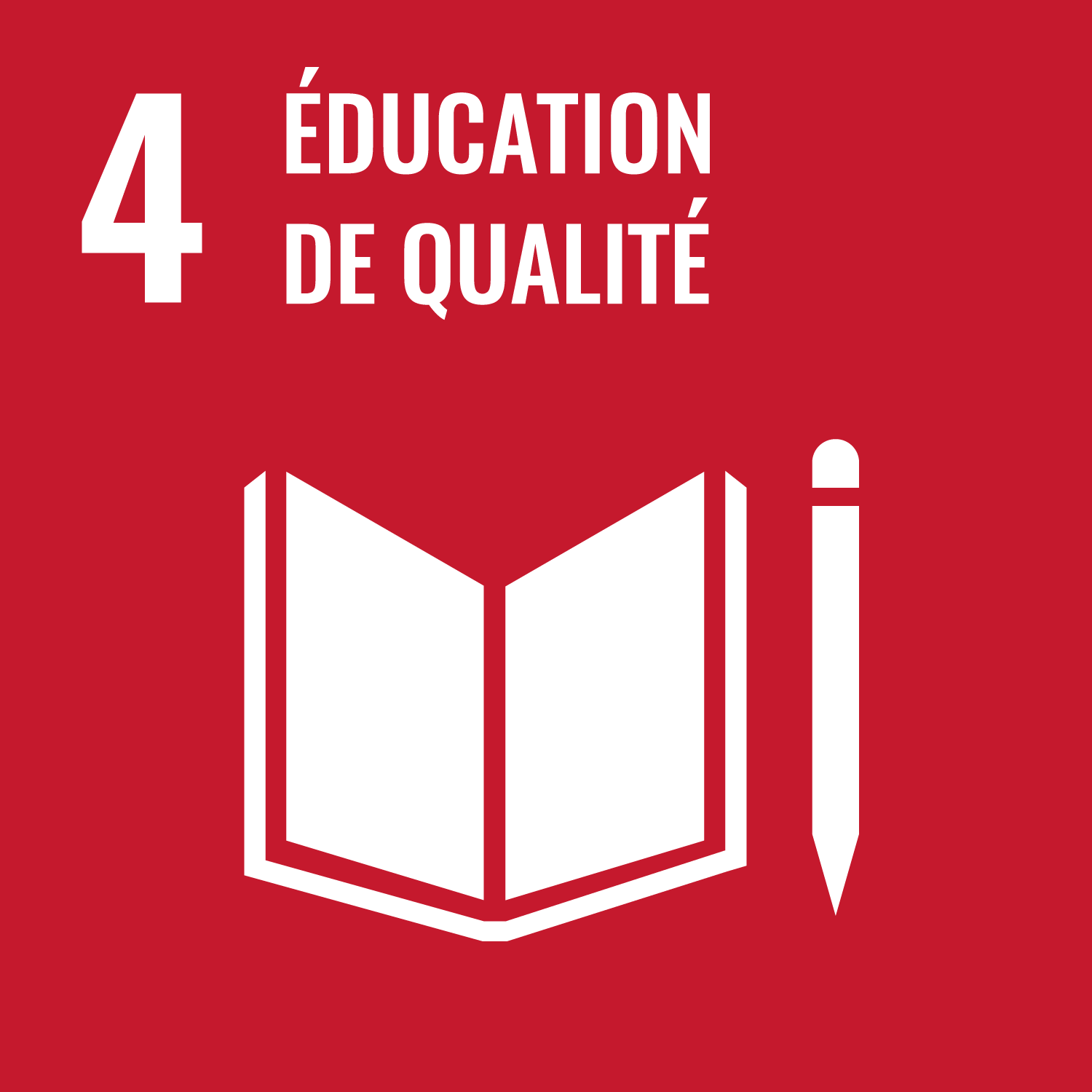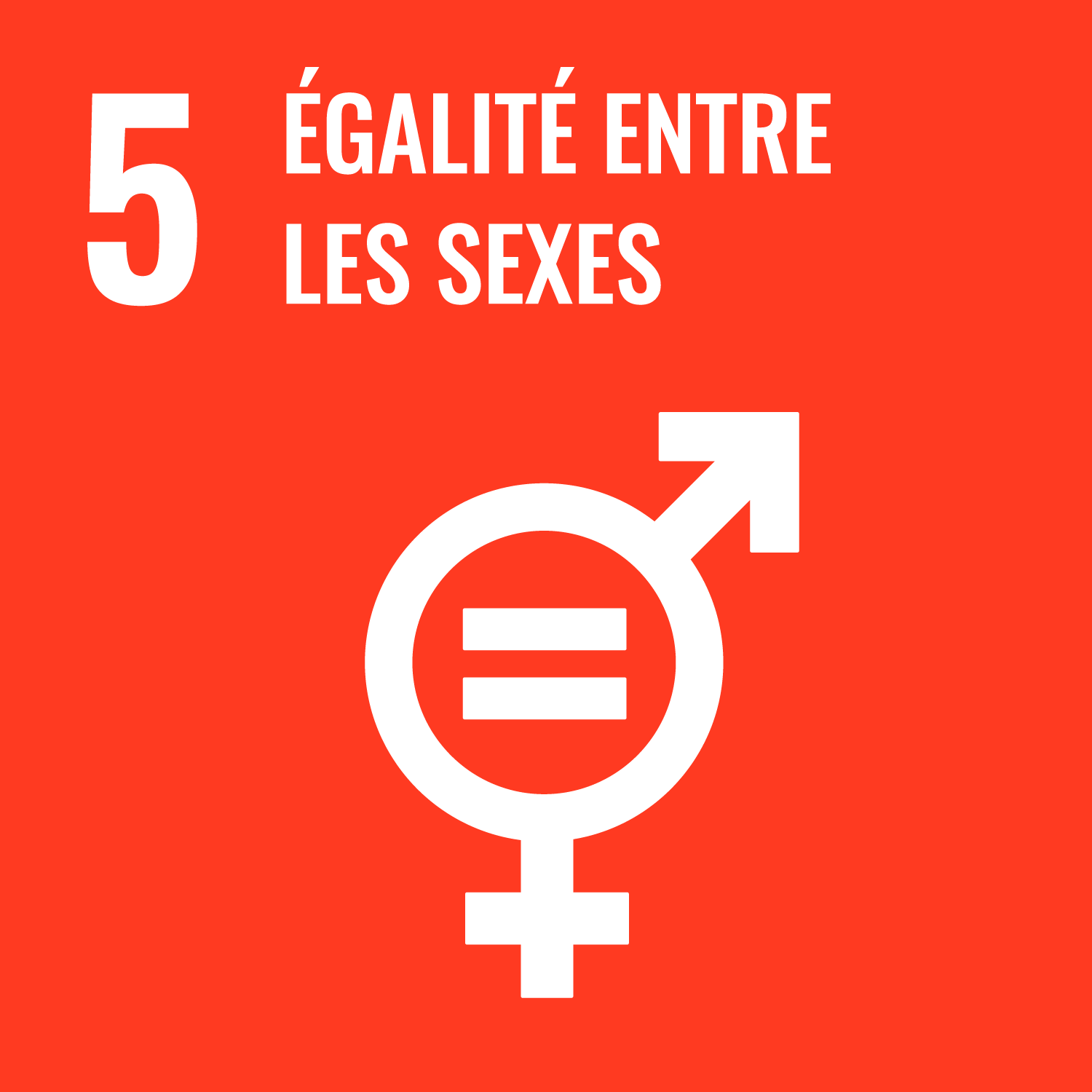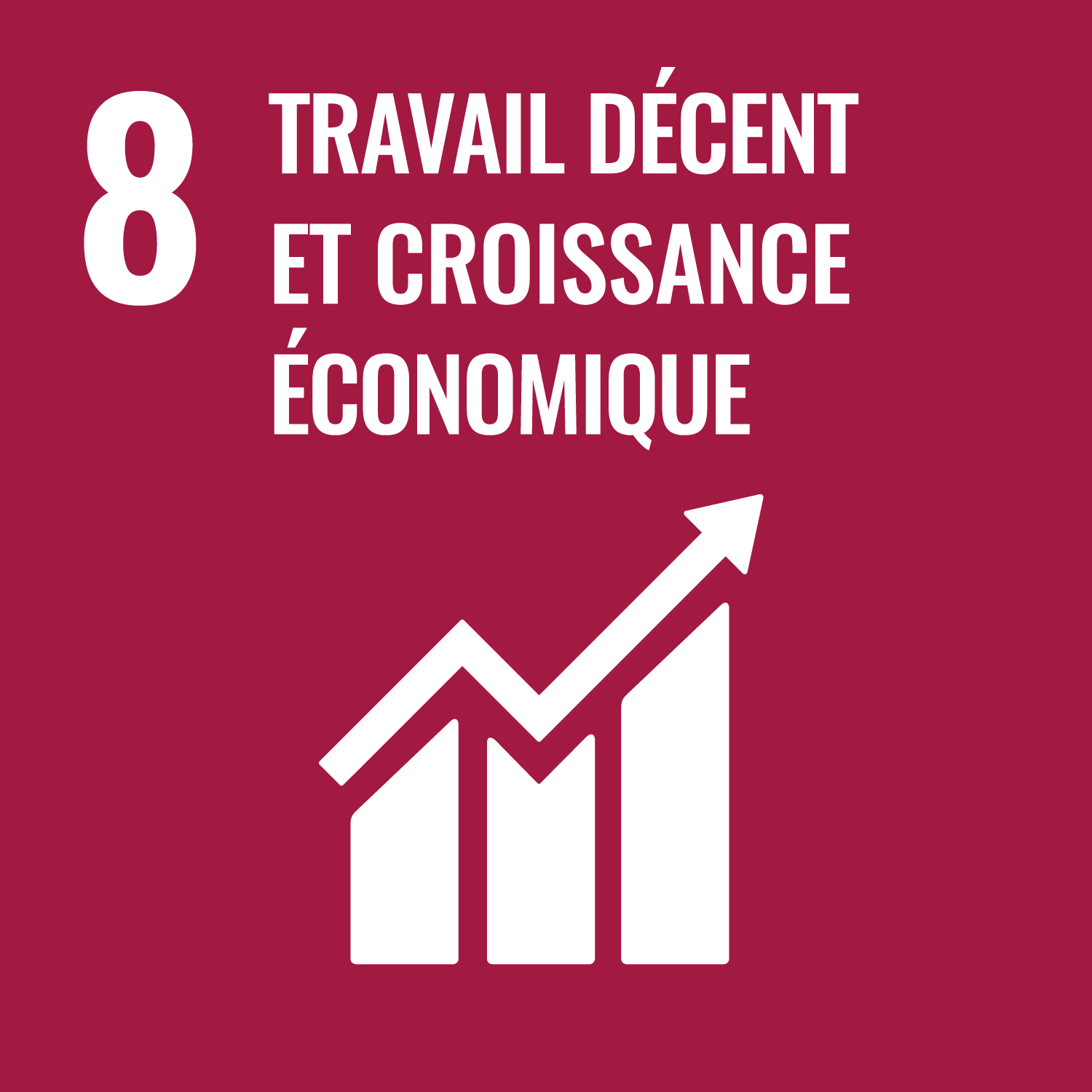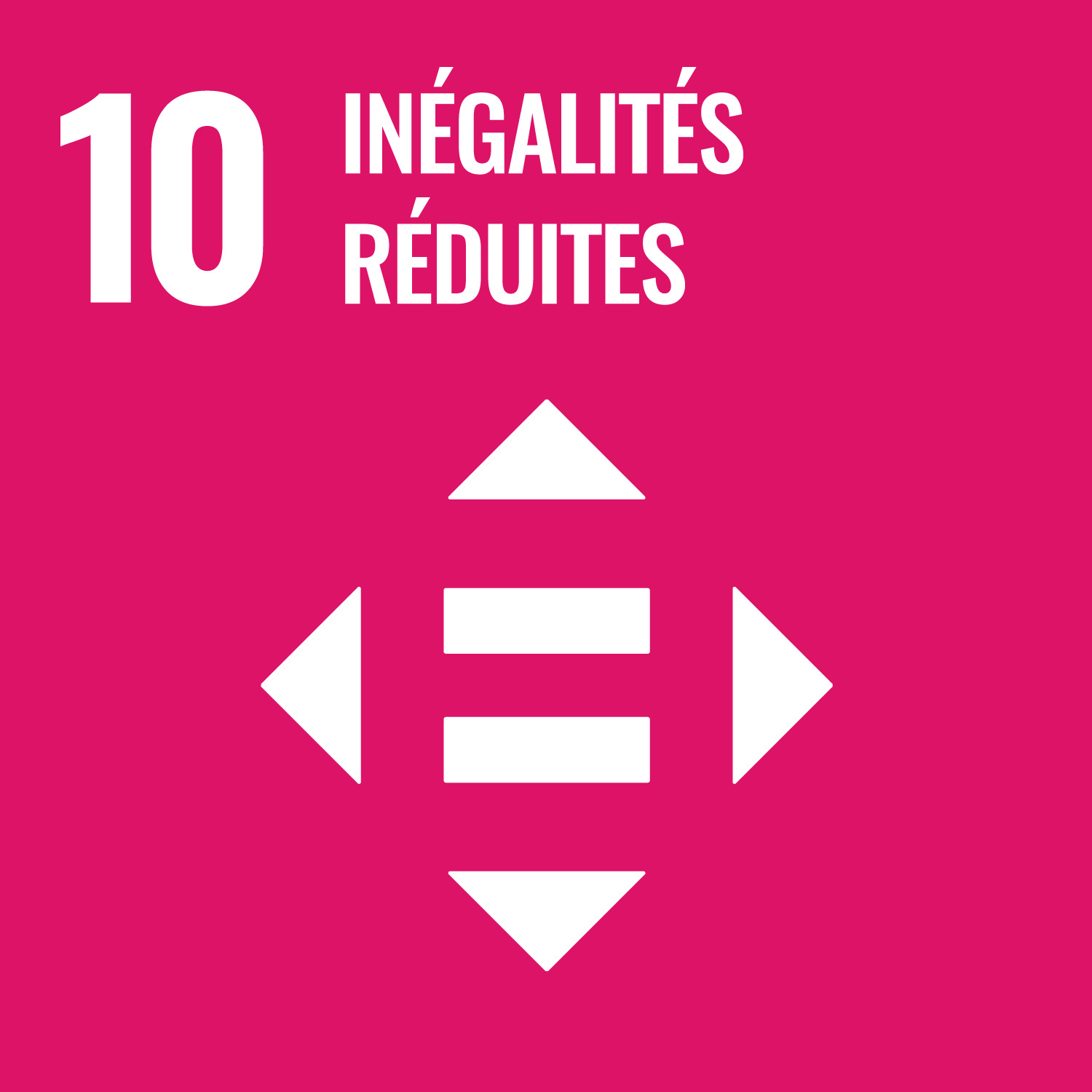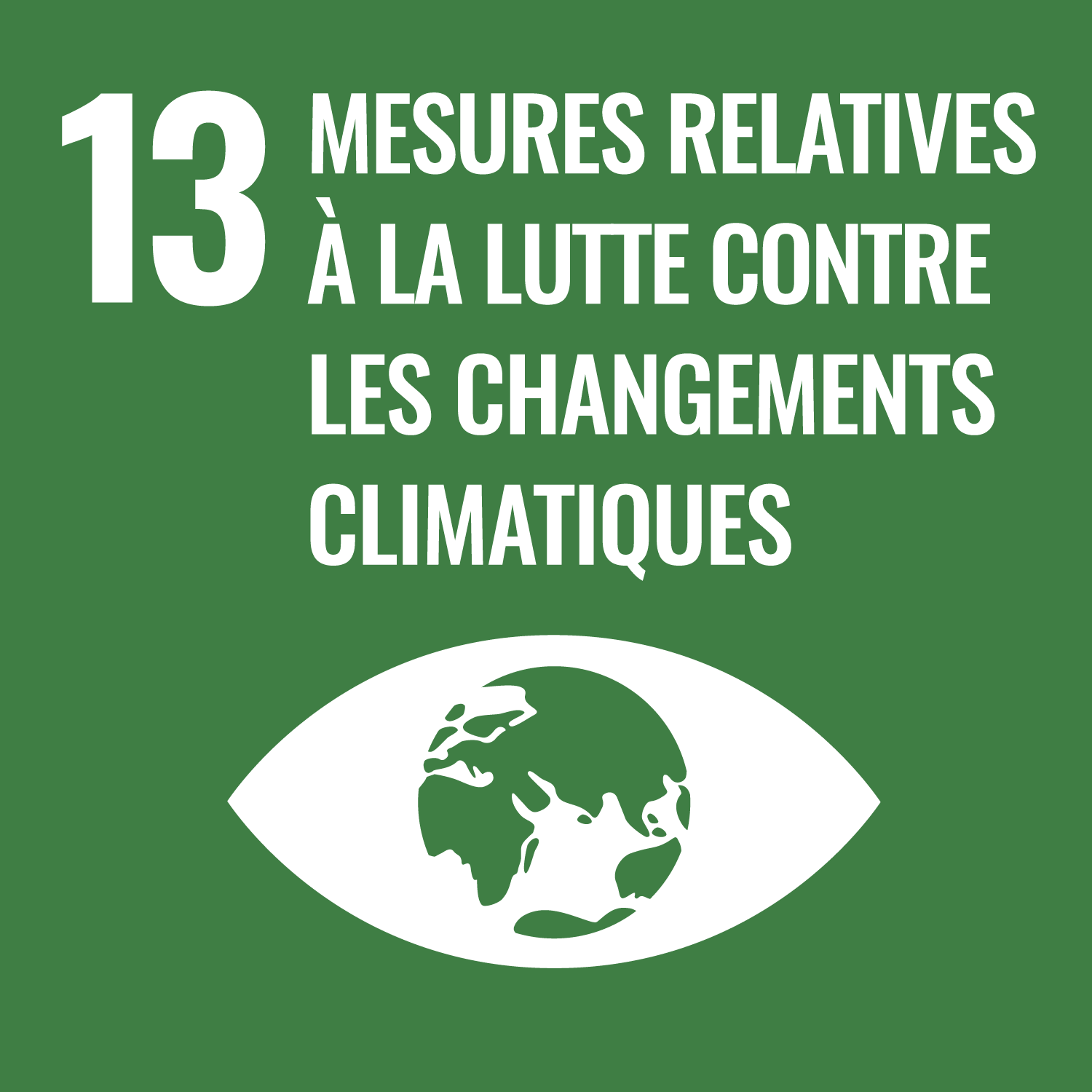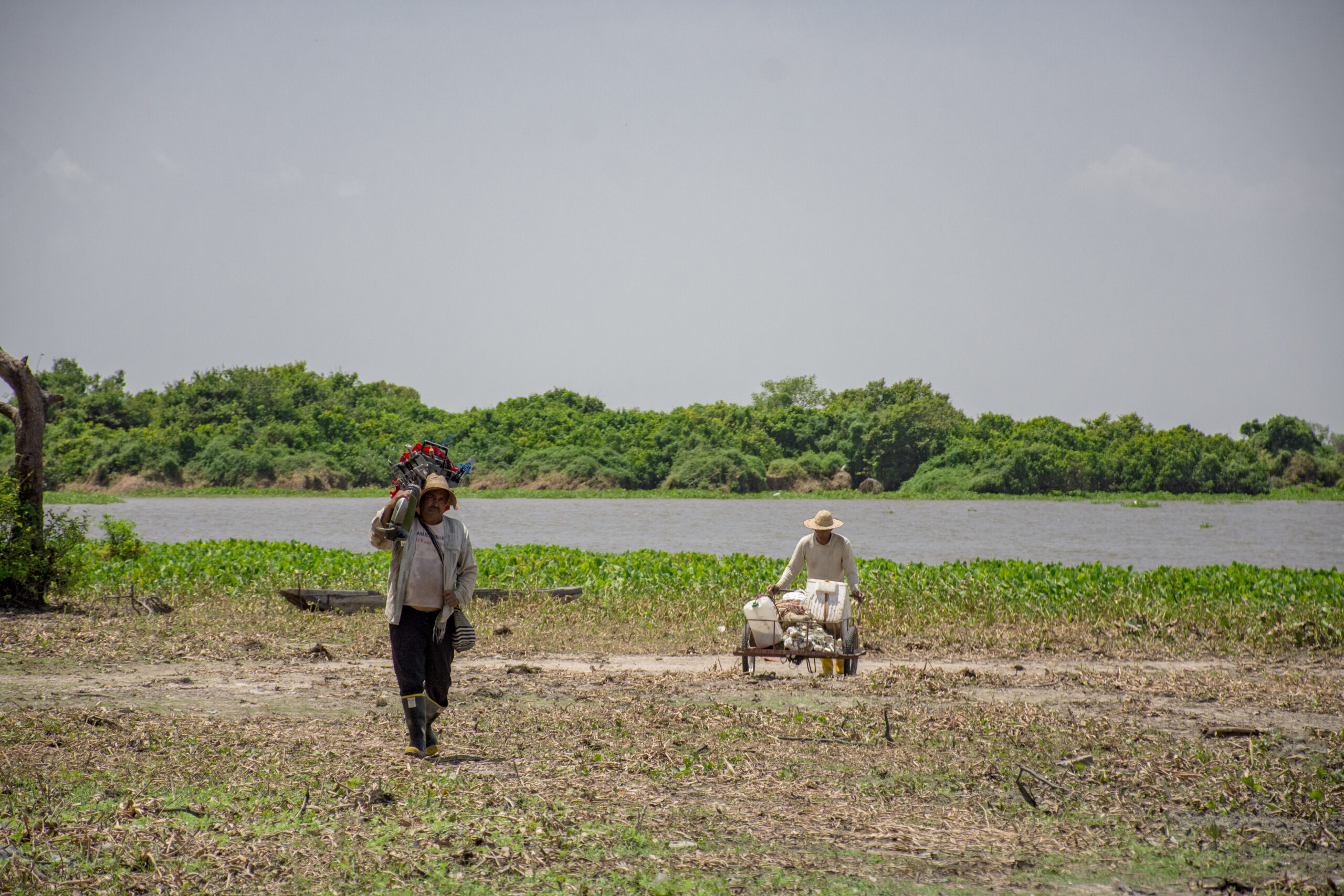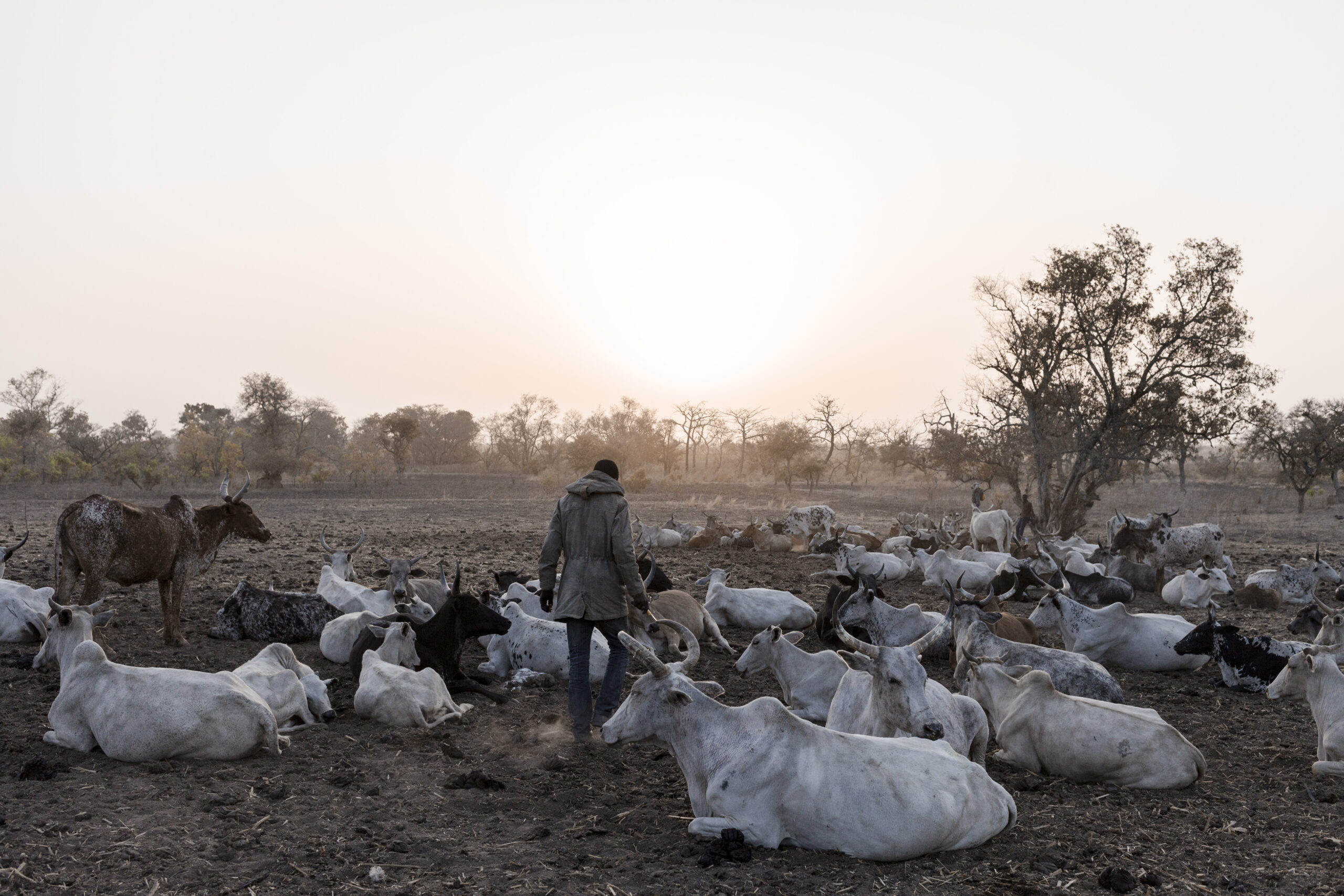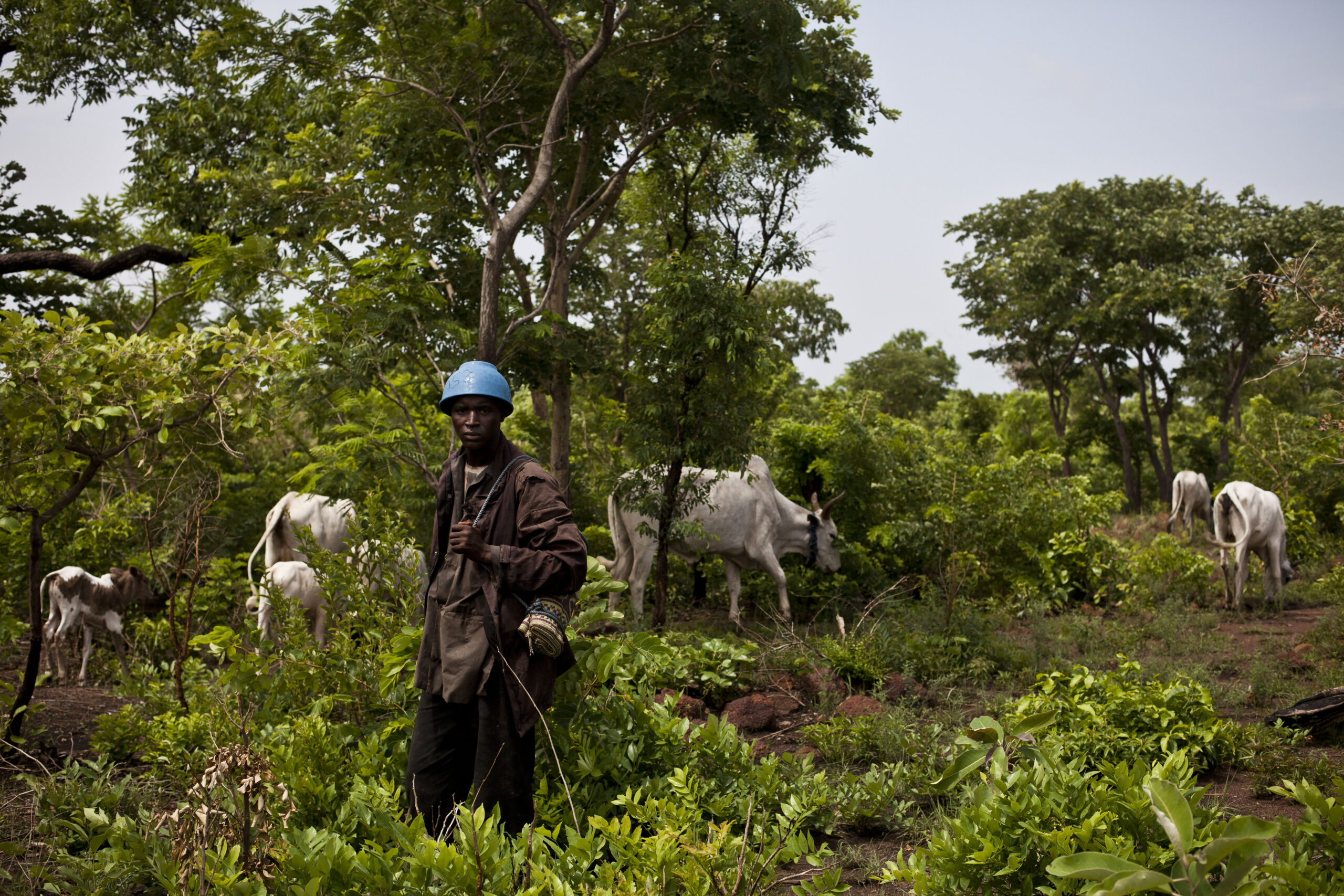| PROFIL II : Project to support the training and socio-economic integration of young rural people in the eastern region of Burkina Faso |
Strengthening the economic resilience and social integration of 5,000 young people
Context
The eastern region of Burkina Faso faces a number of structural challenges. The incidence of poverty is 57%, the highest in the country, and poverty levels in the region’s communes are higher than the national average (World Bank, 2020). The security situation in the area has deteriorated considerably, leading to pessimistic forecasts for the economic and social conditions of households and the many internally displaced people in the area. Rural vocational training is seen as a particularly effective means of boosting the economy and thus the resilience of the local population. However, while the expectations and needs of young people are high in terms of access to employment, and are still growing given the demographics (almost 50% of Burkina Faso’s population is under the age of 15), the training on offer is declining due to the closure of training facilities, difficulties in accessing existing centres, etc.
The action
To address these issues and help train young people in promising agro-pastoral and agricultural sectors, PROFIL II – Projet d’appui à la Formation et l’Insertion socioéconomique des jeunes ruraux de la région Est du Burkina Faso – (second phase of PROFIL) has set itself the task of training and supporting young men and women aged 18 to 35 in 17 communes in the eastern region of Burkina Faso.
More generally, this project aims to strengthen the economic resilience and social integration of 5,000 young people, while promoting cohesion within communities. The project’s approach is based on
the project targets promising sectors and offers young people the opportunity to take short, practical courses in agroforestry and rural crafts.
Alongside these training courses, Acting for Life and its partners ARFA, RECOPA and TIN TUA are developing a social cohesion component, and various activities will be carried out with internally displaced persons (IDPs) and host communities.
The PROFIL II aims to
- To improve the economic and social situation of young women and men by facilitating access to training and professional integration;
- Reduce gender inequalities by strengthening the role of women in their communities and improving their income;
- Strengthen social cohesion by creating inclusive forums for dialogue and consultation.
Key indicators and impact of the PROFIL II
- 5,000 young people aged 18 to 35 trained in agroforestry and related trades, 50% of them women;
- 6,000 vulnerable or excluded people monitored and supported in the development and/or creation of an economic activity;
- Training of 3,000 young people in agro-silvopastoral trades (food production, market gardening, fattening, etc.) and 2,000 young people in trades related to agriculture (masonry, solar energy, processing of non-wood forest products, etc.);
- Setting up a support system for integration (support fund, putting young producers in touch with each other, functional literacy, training in agricultural entrepreneurship and farm management, etc.);
- Provision of “safe spaces” in communes affected by the security crisis;
- Training young people and communities in gender-based violence (GBV), gender equality, respect for women’s rights, and diversification of women’s activities;
- Training in active citizenship and support for initiatives by young people and women leaders to strengthen peace and reconciliation.
- Support for the organisation of young internally displaced persons (IDPs) and their membership of local youth coalitions.
